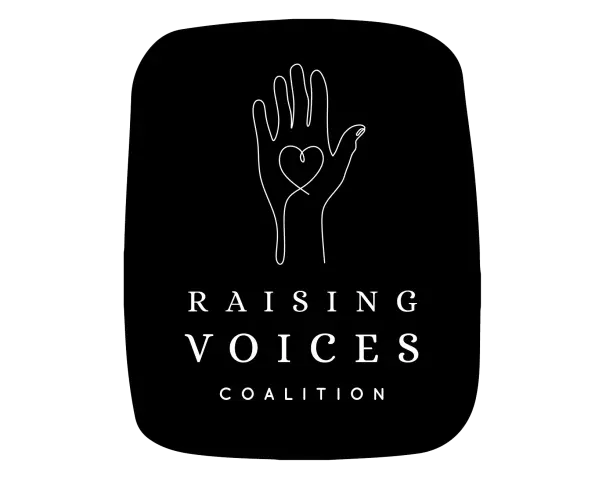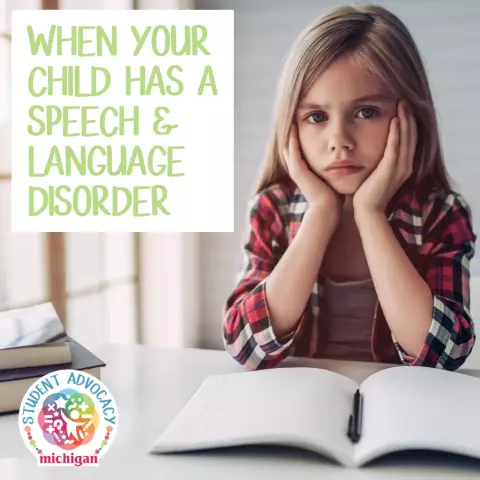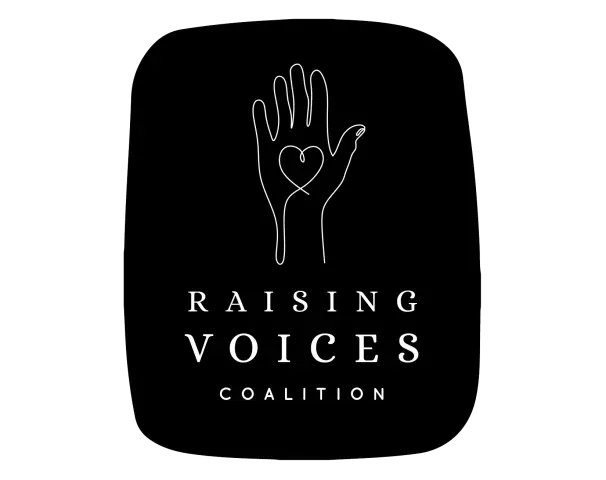- Author Rachel Wainwright wainwright@abchealthonline.com.
- Public 2023-12-15 07:39.
- Last modified 2025-11-02 20:14.
Raising children with speech impairments
Speech disorders in children are a fairly serious problem of our time.

At the same time, deviations can be both insignificant, which parents often do not attach importance to, and serious (general underdevelopment of speech). The upbringing of children with speech impairments should take place taking into account the recommendations of specialists, which will help in simple cases to completely restore the impaired functions or to adapt the child as much as possible to later life in a situation where the impairments are serious.
Raising correct pronunciation in children
Quite often, a situation arises when parents, before entering school, are surprised to find out that their baby does not pronounce one or several letters, and the burr, beloved by everyone, can interfere with fully studying at school.
To prevent this from happening, it is necessary to educate children in the correct pronunciation. This is due to the fact that even minor violations do not go away on their own and require mandatory speech therapy intervention.
Depending on what caused the speech disorders, classes with a speech therapist can be of different duration. This largely depends on the complexity of the anatomical and physiological mechanisms and on the social environment.
As a rule, in most preschool educational institutions, they are engaged in the education of correct pronunciation in children. However, in order that such a problem does not arise in front of the school, parents should consult with a speech therapist in advance and, if necessary, conduct classes at home.
The main causes of the development of speech disorders in children
Traditionally, it is believed that general speech underdevelopment is a type of speech disorder, in which children with normal hearing and primary intact intelligence have a violation of the formation of not only the sound side of speech (phonetics), but also the semantic side (grammar and vocabulary).
Doctors identify various reasons that can cause such deviations. Most often this occurs due to infections, maternal toxicosis during pregnancy, trauma during childbirth, incompatibility of the Rh factor in the blood of the mother and the child, various diseases of the central nervous system, brain trauma in infancy, hereditary predisposition.
Raising children with onr (general speech underdevelopment)
There are specific functions of a family with children with speech disorders:
- Rehabilitation and recovery function, which is considered one of the main ones. In this case, the upbringing of children with ONR is aimed at the rehabilitation of the child. Parents should be guided by the recommendations of specialists and, depending on the violation, optimize the physical and mental state of the child. It is especially important not to miss the slightest opportunity to restore his somatic state;
- Emotional acceptance function. The essence of the family is the acceptance of the child as he is by all family members. It is necessary for the child to be fully involved in family life. Raising children with speech impairments is about showing love and respect for each family member, thanks to which the child develops personal maturity, emotional stability and perseverance in solving any life problems;
- Correctional educational function. Parents' love forms a motivation for learning in a child with speech disorders. For this, it is necessary, taking into account the recommendations of specialists, to create the necessary conditions - the so-called correctional educational environment, which contributes to the development of a child's interest in learning about the world around him. It should also be understood that against the background of deviations in speech development, the upbringing of children cannot be limited exclusively to educational institutions, even specialized ones. The active participation of parents in upbringing allows solving not only the child's problems, but also contributes to the resolution of the internal psychological difficulties of the parents;
- Adaptive-adaptive function. The role of parents in raising children with speech impairments is to participate in the process of adapting both the child to the environment and the environment to the child's needs. If family life is filled with love and respect, this will allow the child to learn to show independence in solving many life problems;
- Socializing function. Due to the existing developmental disabilities, the process of psychological maturation is usually slower and more difficult. Therefore, the upbringing of children with ONR should be aimed at the socialization of the child. The success of this largely depends on how parents can instill in the child an interest in the surrounding adults and peers and the desire to learn about the world around him;
- Professional and labor function. The upbringing of children with speech disorders should be aimed at the formation of work skills. It is necessary to start in early childhood with basic requirements - cleaning toys, things and hygienic personal care. It is these skills that gradually instill in the child a love of work and the need to participate in socially useful activities. Of course, the mastery of a particular profession in the future will depend on the severity of the disease, but the task of the parents should not be limited, but the maximum support and approval of the whole family.
Of course, raising children with speech impairments requires more love and understanding than families raising healthy children. Parents should try to consider the child's talents, see his individuality and originality. As a rule, children with speech disorders quite often have the ability to be creative. This can be drawing, sculpting, dancing, or modeling. It is necessary to help the child to consider his talent and develop it, which will help him to further increase his own self-esteem.
Typical mistakes in parenting children with speech disorders
In our society, they try rather not to notice children with various disabilities than to help them. Unfortunately, such views are quite often extended to a family that does not provide upbringing of children with speech impairments at the proper level.

There are a number of main reasons leading to this attitude:
- Low level of psychological and pedagogical knowledge of parents, necessary for the correct upbringing of a child with speech disorders;
- Personal characteristics of parents, which are expressed in rejection of the child and his problems;
- The inability of parents to overcome the stereotypes of society, which impose a certain model of attitude towards sick children, which leads to the parents' lock on to their own problems;
- Difficulties within the family, which are associated with the parents' misunderstanding of the role of father and mother, incompatibility of the moral positions of parents, unorganized life, the state of their own health, material problems and workload.
This leads to the fact that the child is practically not noticed, and he is left alone with his problems and is completely unprepared for adulthood.
Found a mistake in the text? Select it and press Ctrl + Enter.






